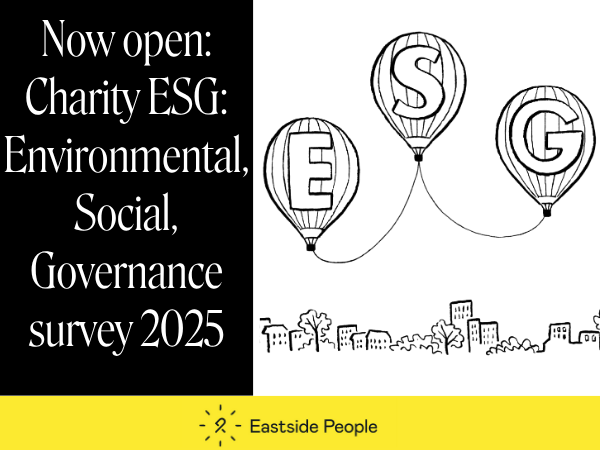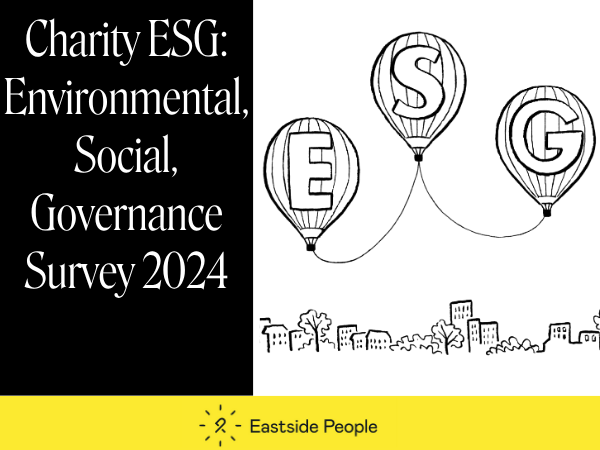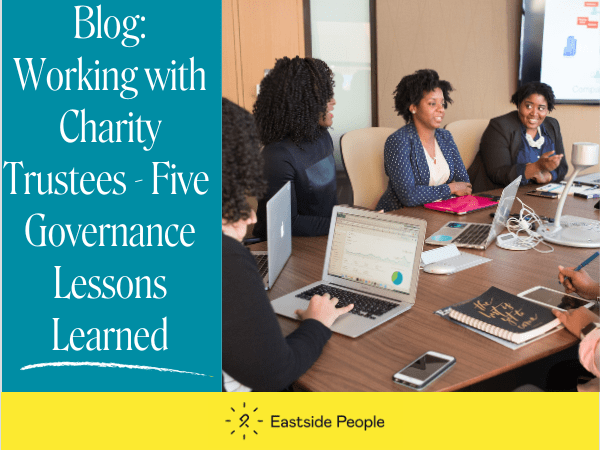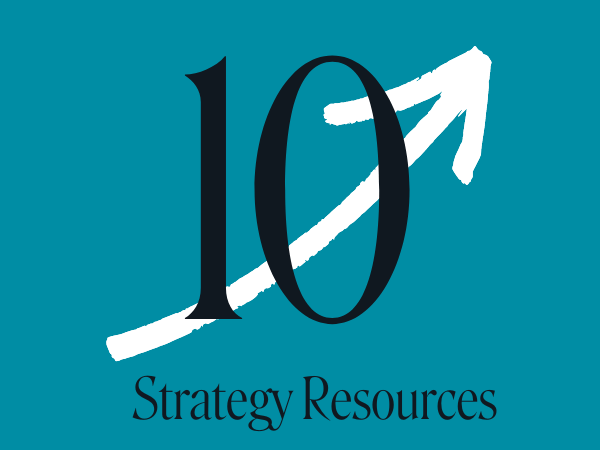Last year, we launched the first charity-focused ESG performance survey to help organisations improve how they measure and manage their environmental, social, and governance activities.
Our findings revealed that many charities are struggling to balance growing ESG expectations with financial pressures. The cost-of-living crisis, rises in National Insurance and donor fatigue have made it harder to invest in ESG infrastructure—even as stakeholders demand more.
In 2025, charity boards may find themselves scratching their heads again. In corporate America, sustainability and diversity principles (often referred to as EDI or DEI) are being deprioritised, and this shift appears to be more than symbolic. ShareAction’s latest review of asset managers’ voting shows record-low support for shareholder resolutions on environmental and social issues.
Our recent blog by social impact specialist Mona Vadher discusses the recent backlash against performative diversity practices. Mona raises 5 questions that every charity CEO should ask about EDI to help them step into a space of reflective and intentional leadership.
But before ESG slips off the CEO’s desk, it’s worth digging deeper. In the UK, the trends that matter most for charities are making this more—not less—relevant.
Rather than a retreat, we’re seeing renewed momentum. A recent report from the Association of Charitable Foundations (ACF) on Funder’s Climate Commitments shows that trusts and foundations are increasingly seeking ways to support charities strengthen environmental management including through top-up grants. This is part of a larger more strategic shift. When money is tight, funding flows to those who are able to demonstrate positive environmental and social impacts.
So with this in mind, here are four trends charities should watch:
- New ESG Reporting Expectations
The most significant regulatory shift is the proposed update to the Charities Statement of Recommended Practice (SORP), expected to take effect from January 2026. It will introduce tiered ESG reporting obligations based on income levels, but all charities will be encouraged to summarise how they manage ESG matters—including key performance indicators and risk disclosures.
Given that we found only three quarters of charities are not currently reporting comprehensively on environmental and social matters, now is the time to reassess internal systems for data collection and reporting.
- Environmental Compliance and Net Zero Readiness
Charities are required to comply with a variety of existing environmental and energy regulations based on the nature and scale of their activities. Social value considerations are now commonplace for those bidding for local authority contracts.
The NHS, acknowledged as a national and international leader in responsible procurement, includes a minimum 10% weighting on net zero and social value across all procurements. Large charities in the NHS orbit are required to provide a carbon reduction plan and net zero commitment.
All charities providing accommodations services such as supported housing providers, hospices, mental health and learning disability charities must ensure all their buildings achieve an EPC rating of C or better by 2030. This is an opportunity to “invest to save” since making upfront improvements now can lead to lower energy costs in the future. Social Investment Business offers an Energy Resilience Fund to help with capital investment.
- Procurement Shifts and Opportunities
The 2025 National Procurement Policy Statement (NPPS) came into effect on 24 February 2025 and outlines the UK Government’s priorities for public procurement. The NPPS’s priorities include encouraging contracting authorities to maximise procurement spend with SMEs including charities and social enterprises, secure social value aligned with national and local priorities, and ensure suppliers uphold high standards of integrity, ethics, and environmental sustainability.
This will require commissioners to require more environmental and social reporting and influence how businesses manage their supply chains, including through corporate partnerships. In a recent study, 90% of corporate respondents said they expect charities to need to improve the quality of impact data they provide as part of funding arrangements.
- Board Diversity and Governance
Board diversity remains a critical issue. The Charity Governance Code urges stronger board oversight and stakeholder engagement, yet many charities still fall short on basic compliance—such as board tenure limits and independent evaluations.
In our first year’s survey we found that while almost all charities were prioritising diversity many were struggling to make real impact with this. A recent study by the Charity Commission and Pro Bono Economics surveyed over 2000 respondents and found that charity boards lag behind national averages on diversity. For instance, only 9% of chairs are from ethnically diverse backgrounds compared to 17% in the population. More diverse boards lead to better thinking, stronger decisions, and more inclusive outcomes.
Final Thoughts
The trends outlined above point to a future where charities of all sizes will face higher expectations around ESG reporting. But this isn’t just about compliance—it’s a strategic opportunity.
Charities that can clearly demonstrate their environmental and social impact will be better positioned to thrive. This matters at a time when money is tight. Despite the US corporate outlook, not-for-profit funders, commissioners and business partners are increasingly directing resources toward organisations that can show measurable outcomes and responsible governance.
The Eastside People ESG Survey—now in its second year—is a simple, user-friendly way to benchmark your maturity against peers. Participants receive a free action plan template and a one-to-one consultation with an ESG advisor to help turn insights into action.
All of this is free.
Sign up via the button below to start completing your free, online ESG survey. The 2025 round opened on Tuesday 27th May 2025 and closes on Friday 25th July 2025. Start your ESG journey now:
















